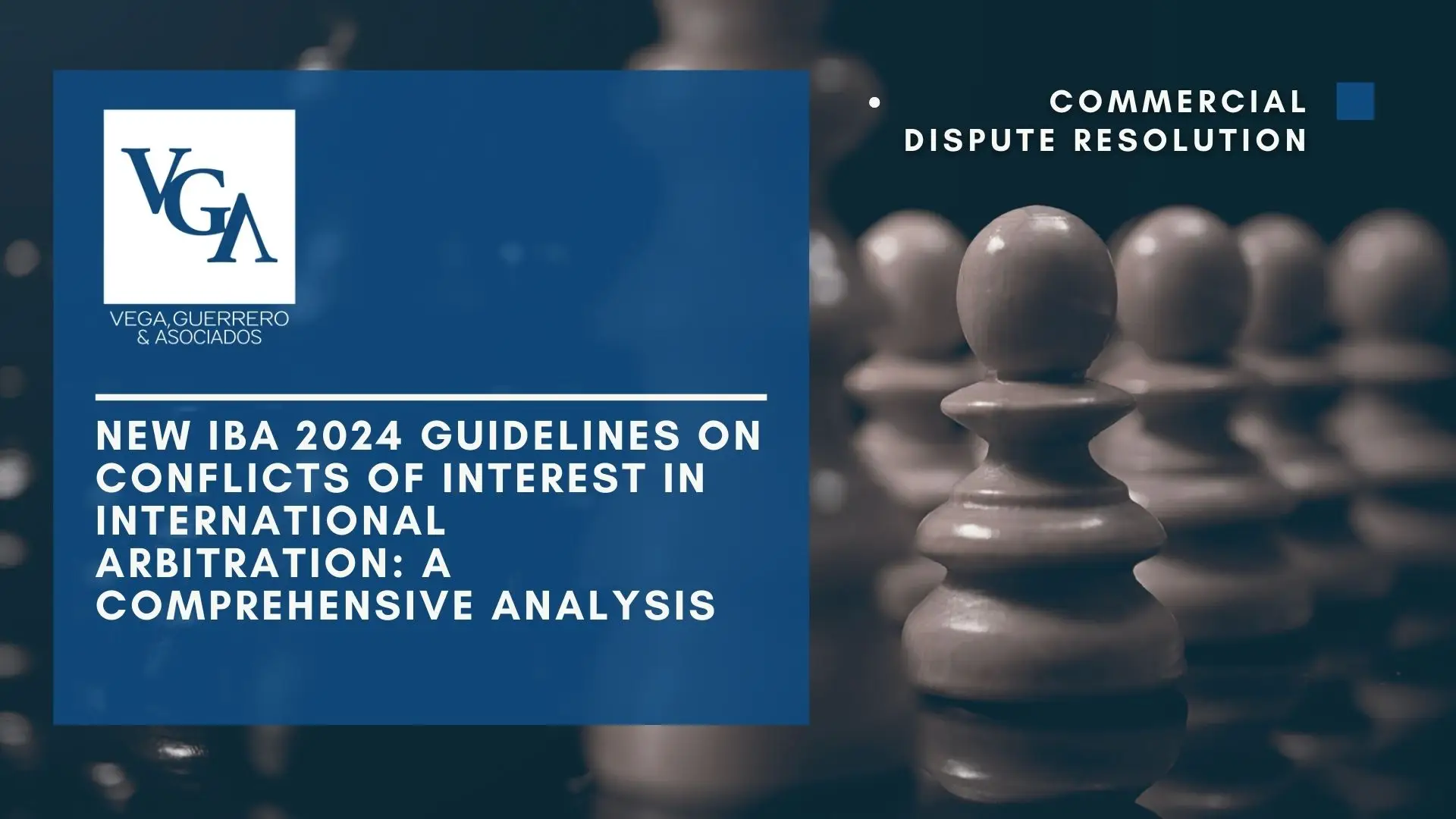In February 2024, the Arbitration Committee of the International Bar Association (IBA) released an eagerly awaited and significant update: the “2024 Guidelines on Conflicts of Interest in International Arbitration”.
This revised document, succeeding its 2014 precursor, promises to remain an essential reference in international arbitration, applicable to various forms including commercial, investment, sports, and maritime arbitration.
Below, we delve into the key aspects of this update and how they might impact global arbitration practices.
Background and Evolution: A Two-Decade Perspective
The history of the Guidelines on Conflicts of Interest in International Arbitration is notable for their widespread acceptance and application since their initial adoption in 2004.
These guidelines emerged as a tool to clarify and harmonize expectations regarding the impartiality and independence of arbitrators, foundational elements in the legitimacy of arbitration as a dispute resolution method.
With its distinctive “traffic light” system categorizing red, orange, and green lists, the Guidelines provide a clear framework for assessing potential conflicts of interest.
The 2014 Review: Strengthening the Foundation
The 2014 revision was undertaken to refine and clarify certain aspects of the original Guidelines, ensuring their relevance and applicability in an evolving arbitration landscape. This update emphasized the need for a framework that could adapt to a variety of arbitration scenarios, from commercial disputes to investment controversies.
2024 Update: Modernization and Adaptation
The 2024 version of the Guidelines comes after a meticulous review and consultation process, led by prominent figures in international arbitration. This update aims not for a radical overhaul but for a modernization that responds to current challenges and practices.
Highlights include adjustments regarding the disclosure by arbitrators, considerations of third-party funding, and the growing influence of social media and technology on arbitration.
Detailed Changes in the 2024 Guidelines
The Introduction to the 2024 Guidelines emphasizes the intent to provide clear and updated guidance on impartiality and independence, essential for confidence in the arbitration process. Noteworthy changes include:
- Focus on Disclosure: The General Guideline has been strengthened to reflect the importance of comprehensive and transparent disclosure by arbitrators, aligning with current expectations in the arbitration community.
- Third-Party Funding: Acknowledging the current reality of arbitration, the new Guidelines explicitly address the influence of third-party funding, an area that has gained prominence in recent years.
- Social Media and Technology: In the digital age, the impact of social media and other technological platforms cannot be overlooked. The 2024 Guidelines address how these elements can affect perceptions of an arbitrator’s independence and impartiality.
Conclusion: The 2024 Guidelines and Their Impact on International Arbitration
The update of the Guidelines on conflicts of interest reflects an ongoing commitment to adaptation and modernization in response to the evolution of international arbitration.
These Guidelines are more than a reference document; they represent a collective effort by the arbitration community to promote transparency, fairness, and efficacy in dispute resolution.
Their widespread acceptance and application demonstrate the value they bring to arbitration practice, and it is crucial for professionals, arbitrators, and involved parties to understand and apply these updates in their daily work.
As always, Vega, Guerrero & Asociados are at the forefront of these developments, ensuring our clients and associates are informed and prepared to navigate the complex world of international arbitration with the most current and relevant guidance.




